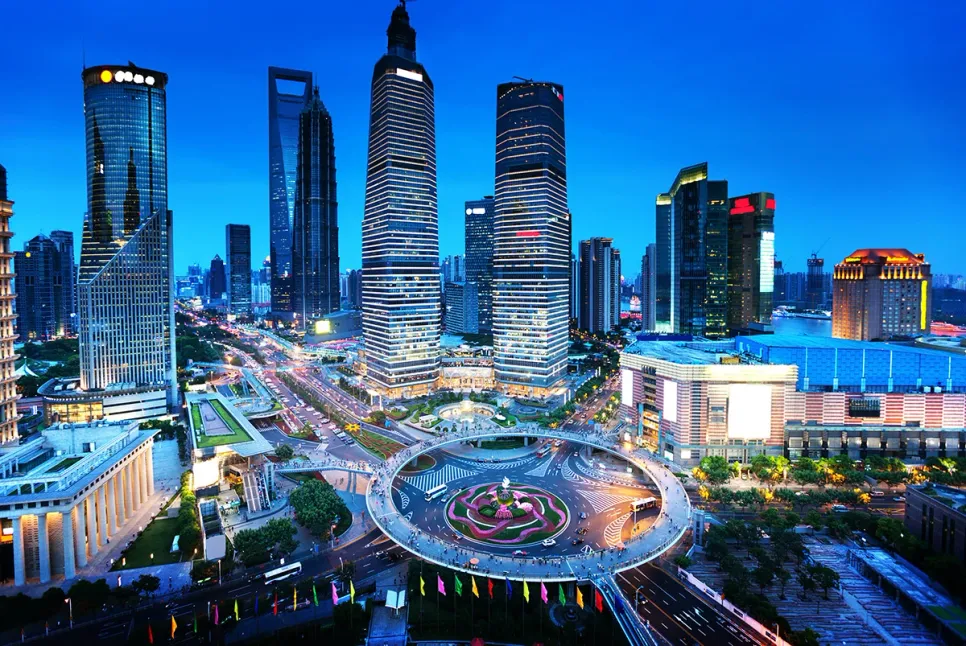Top 5 Countries for Outbound Roamers in 2025
A new study by Juniper Research revealed the top 5 countries ranked by the average monthly number of outbound roaming mobile subscribers predicted for 2025.

A new study from Juniper Research has selected Shanghai as the leading smart city in Asia in 2023. On the Top 5 smart cities list, Shanghai is followed by Seoul, Shenzhen, Sydney, and Beijing.
Juniper Research’s ranking of 50 world cities is based on an evaluation of many different smart city aspects, covering transportation and infrastructure, energy and lighting, city management and technology, and urban connectivity. The research analyzed Shanghai as leading due to its strong data platform, comprehensive deployment of 5G, and use of innovative technologies, including digital twins. This approach reflects a well-considered and progressive smart city design, which can be seen as an example for other cities to emulate.
“Creating an effective smart city strategy means more than just looking at a technical design - it means developing a comprehensive approach that actively solves challenges that citizens face in their lives. Congestion is a major challenge, and we will see more focus on smart mobility, adapting urban environments for better traffic flow, as environmental concerns become increasingly prominent,“ explained research co-author Nick Maynard.
Hardware and software spending on smart city deployments in Asia is forecast to reach $42 billion by 2028, from $19 billion in 2023. Spending is growing much faster in the Rest of Asia Pacific, at 303% over the next 5 years, compared to Indian Subcontinent at 231% and Far East & China at 76%, over the same period.
Growth in the Far East & China is slowing, with smart city projects being more mature in countries like China, Japan, and South Korea. However, emerging markets such as Indonesia, Thailand, and Vietnam will boast much stronger growth, as smart city initiatives get underway, and cities build the comprehensive data systems needed for success.